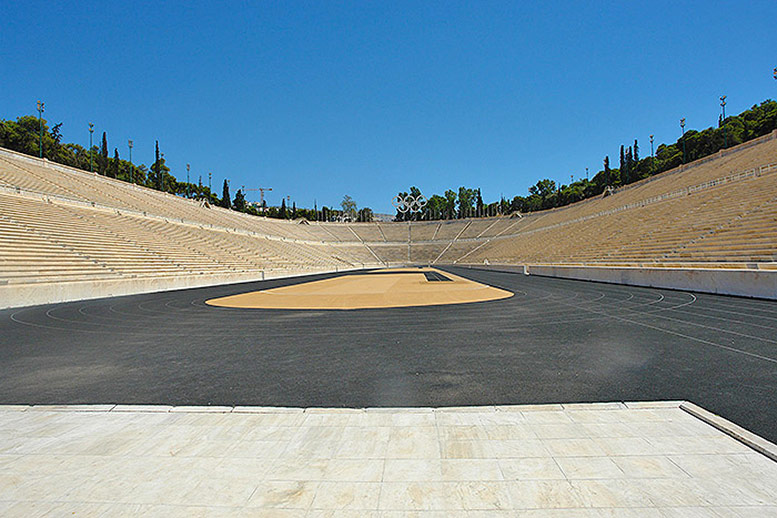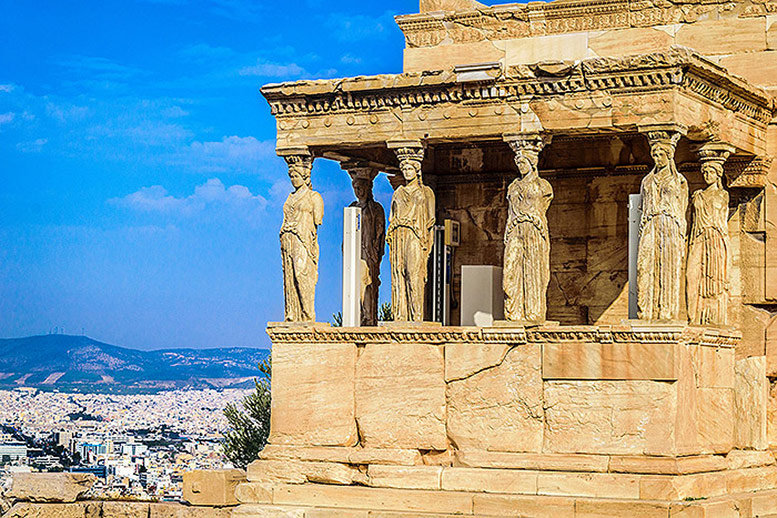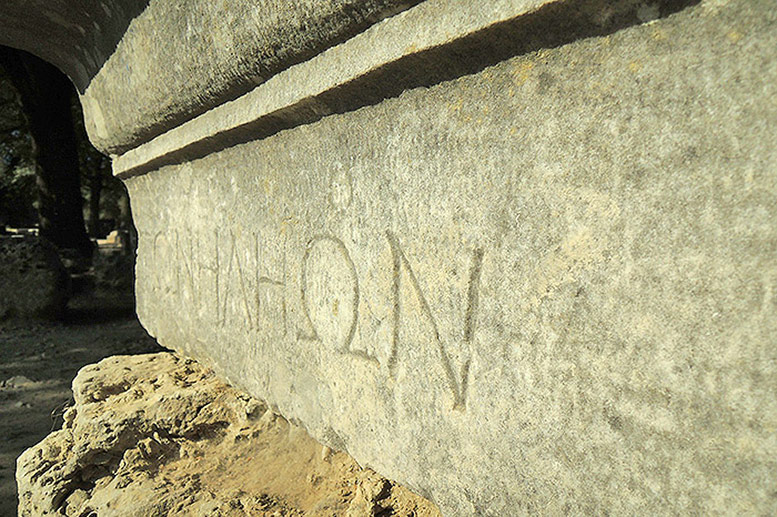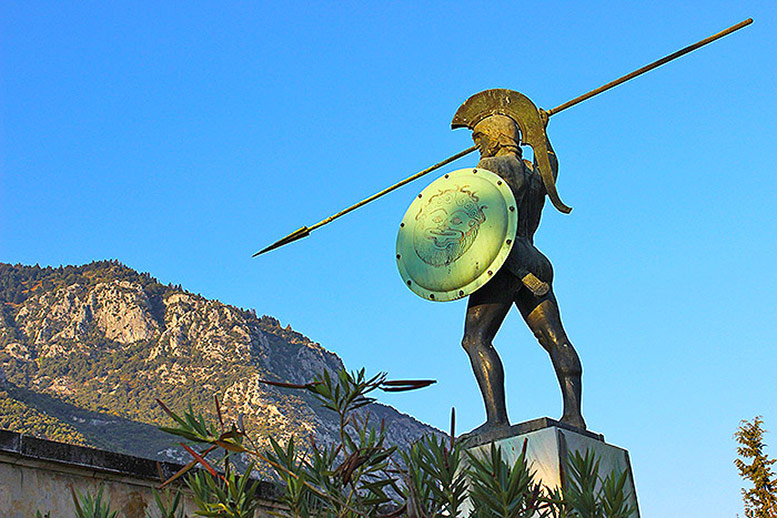
The History of the Ancient Greek Olympics
Ancient Greece was full of innovations in technology and new ideas. It was divided by warring states and there were many conflicts during this era, which led to the rise of some of the best warriors the world has ever seen. People had to be physically strong to survive in ancient Greece, so sports were a popular hobby among everyone.
What were the Olympics?

The Olympic Games originally started as a religious festival held by the Greeks in honour of one of their idols, Zeus. Although the Olympics were given a mythological origin the first known Olympics were held in 776 BC and continued until 393 AD when they were put to a stop by the Romans who wanted to impose Christianity on the local people.
The Olympics were held every four years, also known as an Olympiad, which became a unit of measuring time in historic texts. Each of the contestants represented a different city-state and the Olympics were a way for warring nations to assert their dominance over one another.
Athletes could only participate if they were of Greek origin and foreigners and women weren’t allowed to participate, even Alexander I of Macedon was only allowed to participate after he proved his Greek ancestry. The event was normally held at Olympia and didn’t move to different locations as it does in the Olympics today.
The winners of the Olympics were awarded a crown or an olive leaf wreath. They were regarded as heroes and their accomplishments were written down for future reference and as an inspiration for future athletes to come.
Some historians have said that the Olympics were a way for the Greeks to spread their Hellenic faith as they saw it as a more modern approach to life. The Olympics were more than just a group of sports events and during the festival, a hundred bulls were sacrificed as an offering.
Events of the Ancient Greek Olympics

The events of the ancient Olympics were a lot different from the modern Olympics of today however some events are still the same.
Chariot racing was quite a dangerous event and it wasn’t uncommon for chariots to break down during the race. Four horses were used to pull one chariot providing immense horsepower leading to a greater risk in the case of a crash.
Wrestling was a way to test the strength of individuals and the rules remain the same as modern wrestling. Boxing was significant in Greek culture and there were no weight classifications and not many rules. The amount of fatalities in Greek boxing shows that it was a lot different from modern boxing.
Boxing and wrestling are nothing compared to Pankration, which was a mix of wrestling and boxing where the only rules are no biting and no eye-gouging, but apart from this anything else was okay. It was the job of the Umpire to watch the Pankration match and decide when the contestants foul and punish them if they did so.
The last foot race to be added to the ancient Olympics was one with a slight twist, generally, the races were run in the nude but the race called the Hoplitodromos was run wearing the armour of the Hoplites, from where it got its name. This made the race extremely difficult and was a real test of an athlete’s strength.
Sports like the discus and the javelin throw still survive in the modern-day Olympics and many of the rules and values still remain, although it is not seen as a religious event, at least not by the general public.
Horse racing was also quite a popular sport and in 67 AD even the Roman emperor Nero took part in a chariot race in Olympia. Although he fell off the chariot before he finished the race, he was still declared the winner as the judges thought he would have won if he had not fallen.
Political Importance of the Olympics

Ancient Greece existed in a time of bloodshed and war between the city-states that made up what is now known as modern Greece. Cities were constantly at war with one another for the control of religious hot spots or strategic positions.
The violence only increased when the Romans destroyed Corinth in 146 BC and turned Greece into a province of their empire. The ancient Olympics meant that city-states could compete against each other peacefully and this made it a more passive but competitive alternative to war.
Control of the sanctuary where the Olympic Games were held was of great importance to the ancient Greeks and in 668 BC the sanctuary was threatened by two towns near Olympia called Elis and Pisa. The king of Argos, Pheidon, was asked by the people of Pisa to take control of Olympia.

Pheidon, along with a large number of Hoplites under his command, attacked the sanctuary of Zeus and took control of it. The people of Pisa only had control of it for a year when it was retaken by the city-state of Elis in 669 BC.
In 364 BC the Eleans lost control of the Olympic sanctuary and decided the best time to attack was during the festival as people would be distracted. It was recorded by a witness at the time that during a wrestling event, without warning, the surrounding area became embroiled in a brutal day-long conflict that involved thousands of soldiers.
The Eleans declared that the festival was illegitimate as the sanctuary was in the hands of the people of Pisa during this time. To stop this violence from disrupting the Olympic Games, which was a religious festival and not just a sports event, the Eleans came up with the idea of the Olympic Truce.
The Olympic Truce would not only protect the sanctuary from conflicts between various city-states but would also allow athletes and ambassadors to travel freely without the threat of being killed. Every four years, messengers would be sent out to all parts of Greece to announce the Olympic Games and remind people of the truce.









